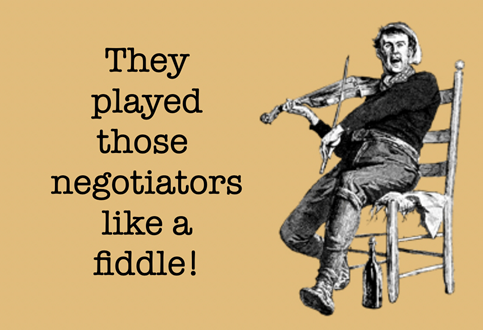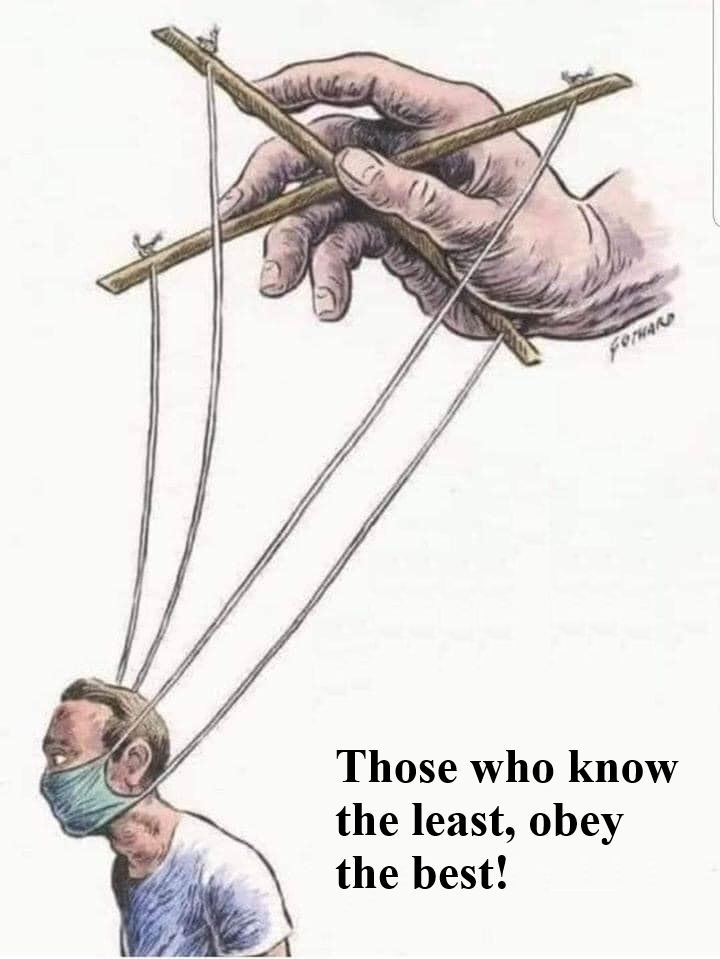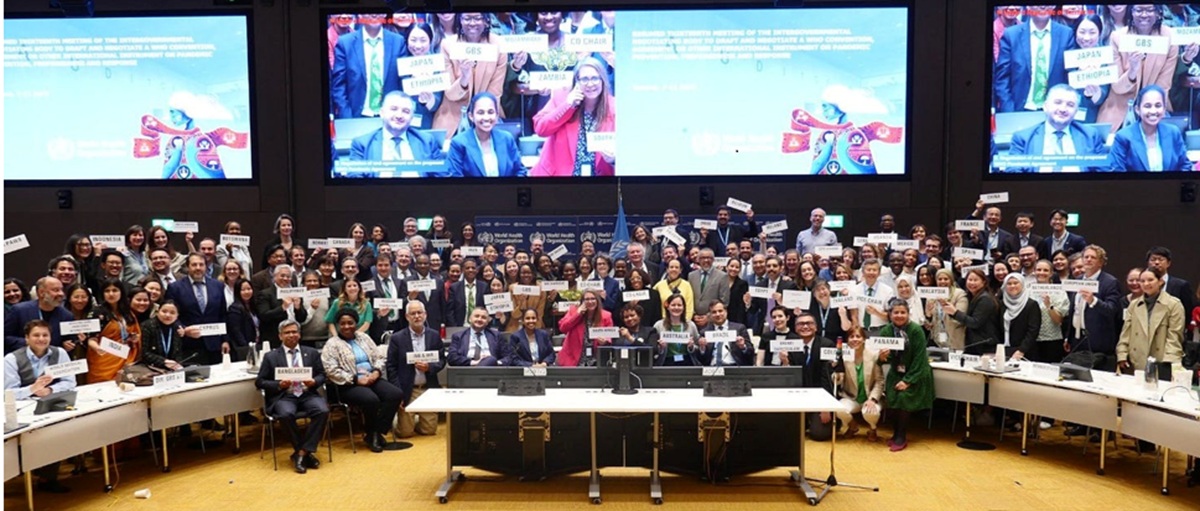09/08/2025
Entire blog as a free PDF eBook.
PABS – Pathogen Access and Benefit Sharing – continues to be a central point of contention in the ongoing negotiations on the WHO’s pandemic agreement. In an article published yesterday by James Roguski: The PABS negotiations are a devious psychological operation, interesting aspects of the manipulation of the negotiators are described.
Many of the participants in these negotiations seemed psychologically unable to think or speak for themselves. Instead, they appear to be programmed, hypnotized and obligated to repeat certain phrases over, and over and over. Phrases such as:
- “Nothing is agreed until everything is agreed”;
- “Equitable access to pandemic related products”;
- “Pandemic prevention, preparedness and response”;
- “COVID-19 must be the last pandemic”;
- “These negotiations are NOT controlled by the WHO, they are member-led negotiations”.
They seem completely unaware that they were (and are) participating in meetings that were being manipulated through the use of something referred to as The Delphi Technique.

Feeding pigeons is not the best idea.
It is definitely better to take care of the drones.
Manipulation techniques have been known for a long time. They are used extensively in advertising and public relations (PR), i.e. how to make a politician at least somewhat likeable. Have you perhaps noticed how the US President greets politicians? The handshake is more reminiscent of a gladiator fight than a friendly greeting. It’s intended to show who dominates here, in case anyone doesn’t already know that. The manipulation described in the article has another purpose: the acceptance of the universally hated WHO treaty.

Playing with the imagination, creating images in the minds of the participants that evoke feelings that correspond to the manipulators, these are techniques that are difficult even for the manipulators themselves to recognize when they are being used by someone else. There are no people who are immune to manipulation, there are only those who don’t recognize it and claim they don’t want to be manipulated.
How many times have you brought home a product from the store that you don’t even need? You don’t have to answer that question for me. Most will answer in the negative, despite the image in the back of their mind of an unnecessary and purchased product. That last sentence is also a manipulation to remind everyone that they are susceptible to it.

Author of the article: Marek Wojcik
Email: worldscam3@gmail.com
<If you like what I write, it would help a lot to further spread these articles if you share them with your friends on social media.
